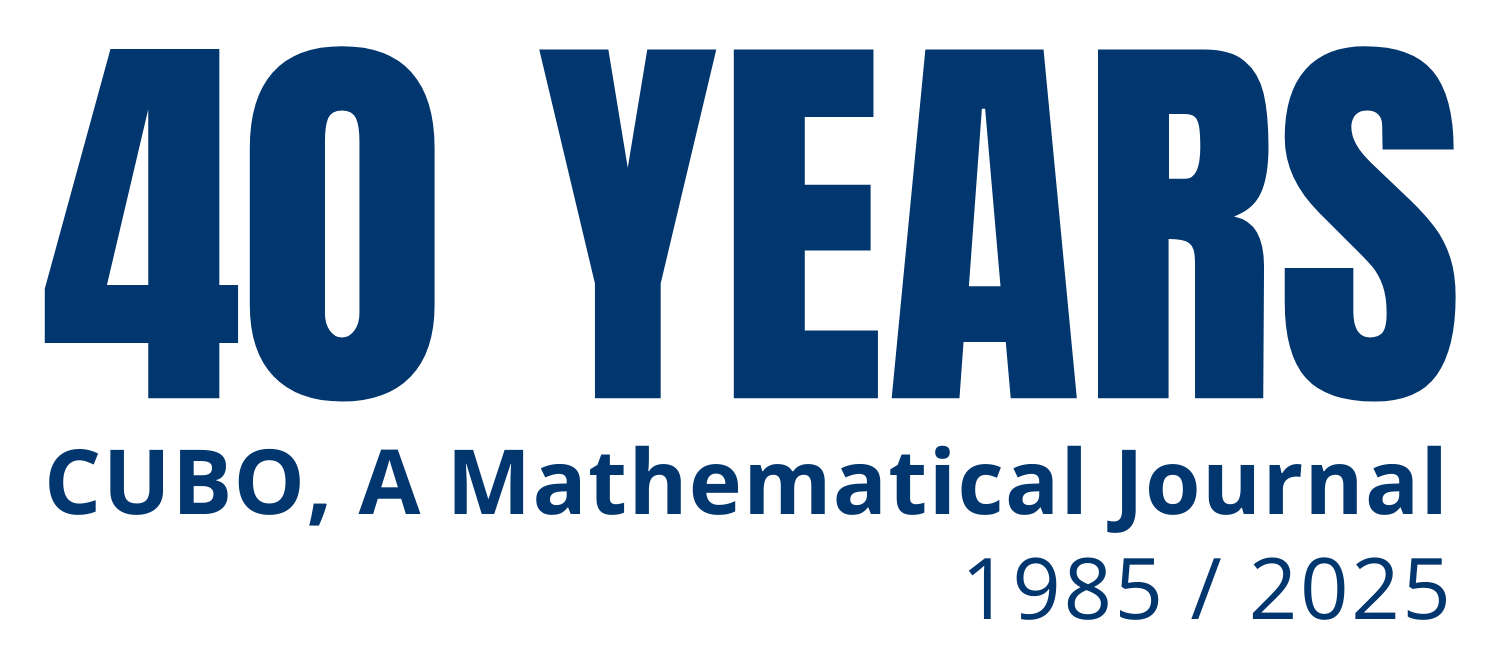An Inter-Group Conflict and its Relation to Oligopoly Theory
-
Tamar Kugler
 tkugler@eller.arizona.edu
tkugler@eller.arizona.edu
-
Ferenc Szidarovszky
 szidar@sie.arizona.edu
szidar@sie.arizona.edu
Downloads
Abstract
A game theoretical model of inter-group conflicts is revisited. In this model members of each group contribute to secure a public good which becomes then available to all members regardless if they contributed or not, and the groups compete for an exogenous prize simultaneously. We first show that the best response of each group member is mathematically equivalent to that in oligopolies with isoelastic price and linear cost functions. Then a complete equilibrium analysis is given showing that, except in a very special case, there is a unique equilibrium. And finally, a dynamic extension of the game is introduced and analysed, where the players are able to increase their contributions at any time during a given time period.
Keywords
Most read articles by the same author(s)
- Akio Matsumoto, Ferenc Szidarovszky, An elementary study of a class of dynamic systems with two time delays , CUBO, A Mathematical Journal: Vol. 14 No. 3 (2012): CUBO, A Mathematical Journal
- Ferenc Szidarovszky, Jijun Zhao, The Dynamic Evolution of Industrial Clusters , CUBO, A Mathematical Journal: Vol. 11 No. 2 (2009): CUBO, A Mathematical Journal
- Akio Matsumoto, Ferenc Szidarovszky, An Elementary Study of a Class of Dynamic Systems with Single Time Delay , CUBO, A Mathematical Journal: Vol. 15 No. 3 (2013): CUBO, A Mathematical Journal
- Ferenc Szidarovszky, Vernon L. Smith, Steven Rassenti, Cournot Models: Dynamics, Uncertainty and Learning , CUBO, A Mathematical Journal: Vol. 11 No. 2 (2009): CUBO, A Mathematical Journal
- Carl Chiarella, Ferenc Szidarovszky, Dynamic Oligopolies and Intertemporal Demand Interaction , CUBO, A Mathematical Journal: Vol. 11 No. 2 (2009): CUBO, A Mathematical Journal
- Carl Chiarella, Ferenc Szidarovszky, A Multiobjective Model of Oligopolies under Uncertainty , CUBO, A Mathematical Journal: Vol. 11 No. 2 (2009): CUBO, A Mathematical Journal
- Jerome Yen, Ferenc Szidarovszky, Dynamic Negotiations , CUBO, A Mathematical Journal: Vol. 5 No. 3 (2003): CUBO, Matemática Educacional













